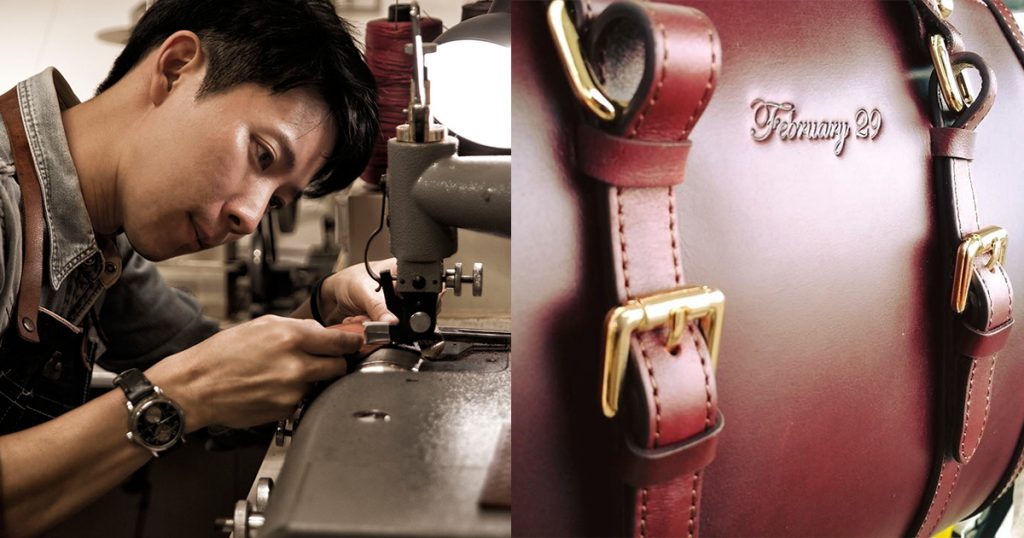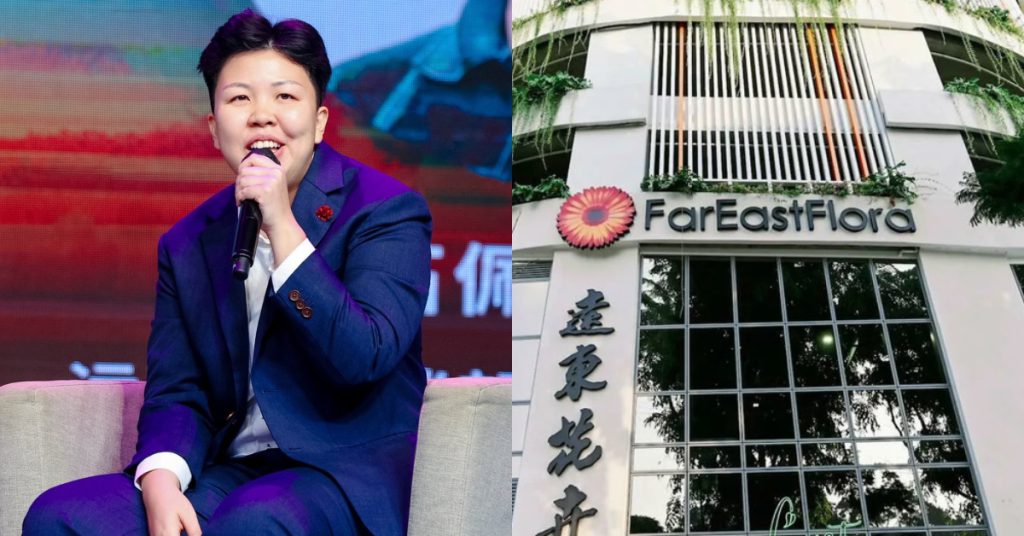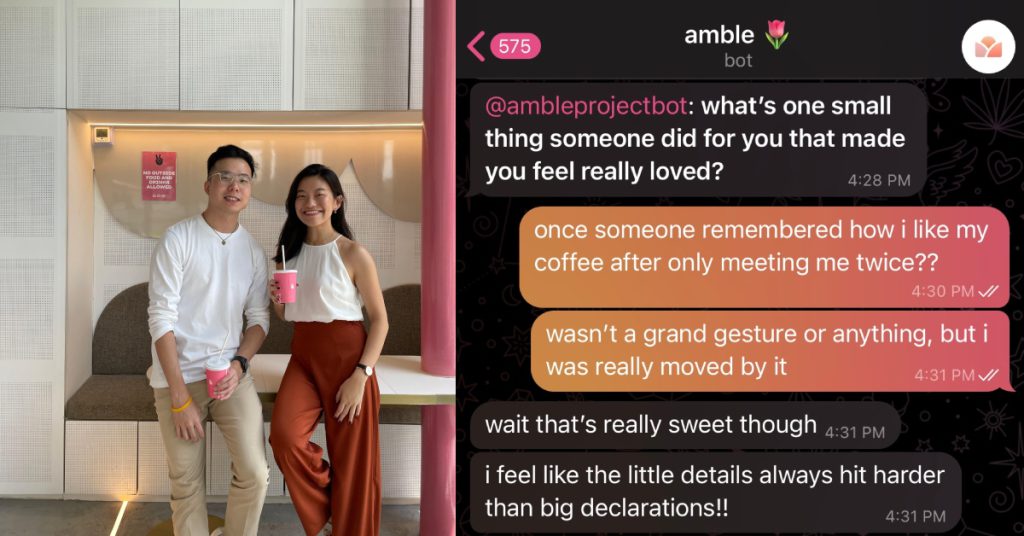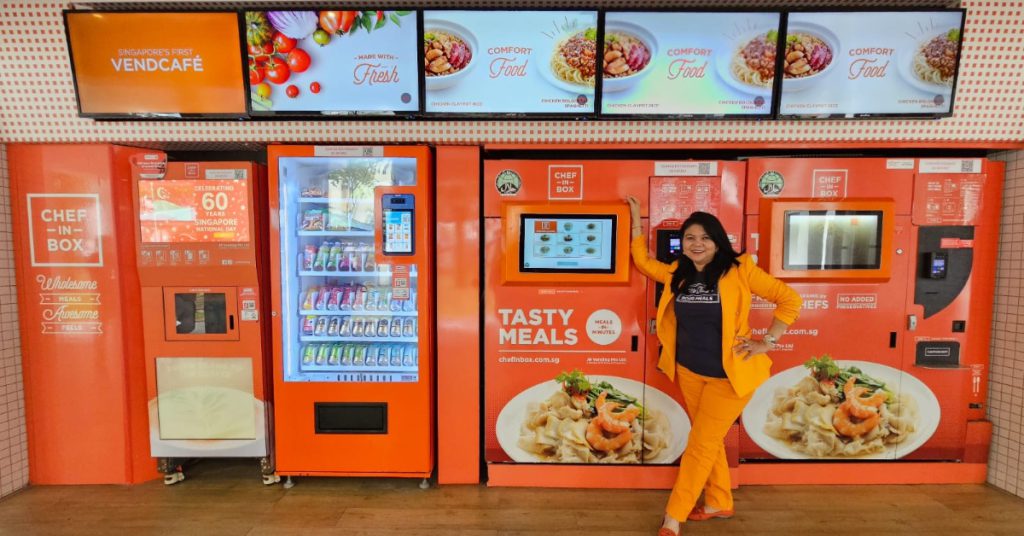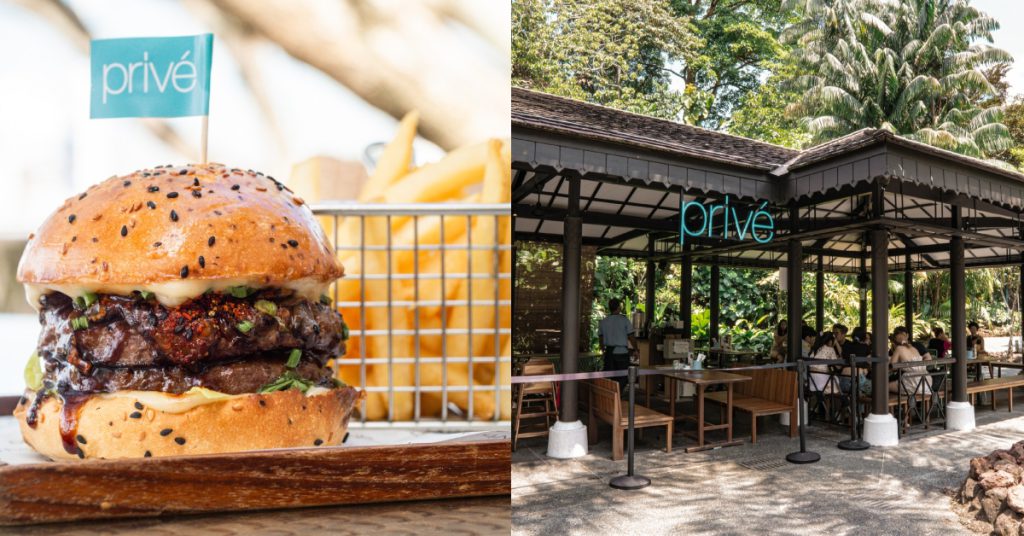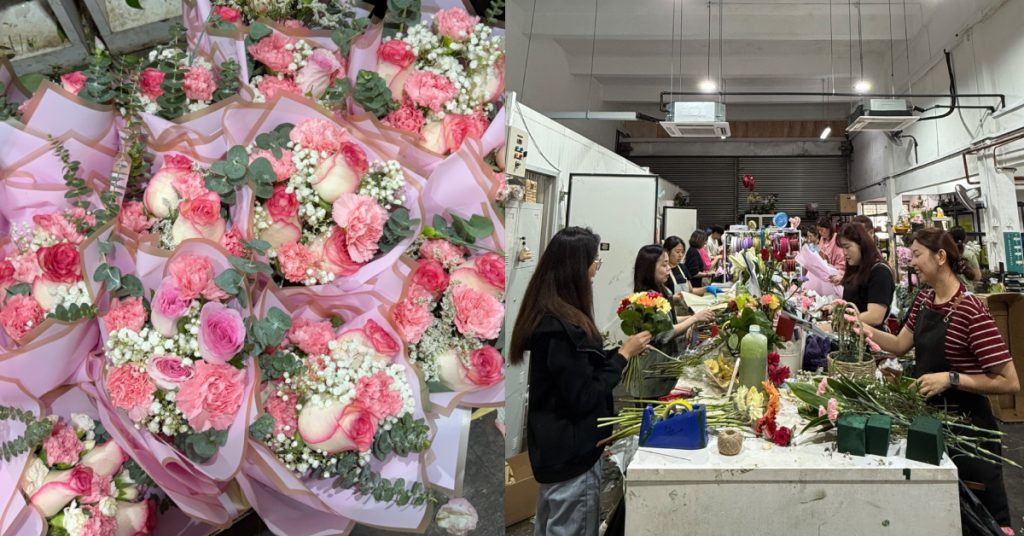Our fast-moving world tends to favour businesses that can produce and scale their products quickly, and to be honest, this formula isn’t the kindest to artisans who operate by churning time into a labour of love.
Being a leather crafter in Singapore for the past 13 years, Eden Kew knows the struggle well.
Since he founded his handmade leather brand Feb 29 in 2006, the 38-year-old has weathered a fair share of tumultuous times in the retail scene, some almost bringing him close to calling it quits.
If he had thrown in the towel, however, he wouldn’t be where he is today, bringing his brand beyond a decade of history.
We had a chat with Eden to learn how it all began, and how he later gave the business a breath of new life.
Revisiting A Craft That Ran In His Blood
“When I was in primary school, I used to play at our family’s old shophouse along Telok Ayer,” Eden recalls.
This shophouse, located at current-day China Square, belonged to his maternal great grandfather who owned a shoe-making business in the 1950s.

Unfortunately, as following generations didn’t pick up the skill, the shoe shop was defunct by the time Eden was a young boy.
But he was always intrigued by the array of fascinating tools and materials he found there, nonetheless.
From his great grandfather on his paternal side also flowed the heritage of selling and repairing sewing machines.
“So, I guess it may run in the blood,” Eden says about his own passion for handcrafting.
It lay dormant within him till he was about 20, when he visited a leather workshop in Taiwan.
I recognised the very same tool [that I knew from my great grandfather’s shoe shop] being used by an old leather artisan, and that sparked my curiosity about leather crafting.
He then started dedicating his travels to seeking apprenticeships, taking him around Thailand, India, China and Hong Kong to learn from a few mentors.
“Hey, Leather Shouldn’t Be So Expensive”
Before he carved out his own path, Eden was an army regular for a period of time—a creative person living a regimental life.
When he left the army to pursue Honours in Business Management, “it seemed almost intuitive” for him to gravitate to leather work at the same time.
He was 25-years-old and in the midst of his studies when he created Feb 29.

Besides getting to do what he loved, his mission for starting the business was to provide quality leather goods at more affordable prices.
Through one of his mentors who crafted for European luxury brands, Eden had learned about the processes behind the industry, and how premium leather goods ended up in the exorbitant range of $600 to thousands of dollars.
He knew that he could give customers better value by cutting out the agents and distributors, who commonly took a 20% to 40% commission.


This spurred Eden to start designing and crafting his own leather bags that people can buy for around $100 to $300.
He also encourages people to see durable leather goods as something that can serve them for life, in the spirit of using less.
From Popping Up Pushcarts To 5 Boutique Stores
With a bit of money he saved from the army, Eden rented his first pushcart in Bugis in 2006, and spent his days rushing right down to open shop, first thing after classes ended.
“There was very little personal time or family time. It was simply study, work, study, work,” he says.

As his designs began to pick up some popularity, it led him to the next step of renting a small room in an industrial estate as his workshop.
Feb 29’s early days were made up of humility and hard work, as Eden toiled away in that room “no bigger than a Toyota Vios” and occasionally incurred injuries from crafting.
Even after 13 years in the trade, the artisan shies from being called an “expert” when we ask him how he learned all he knows today. But he does say his journey was “definitely filled with blood, sweat and tears”.
[There were times when I practised] hand-stitching techniques on thick leather till the skin on my fingers were raw.

Feb 29 progressed with the expansion from one to “several pushcarts across the island”.
But eventually, Eden decided to trade up for more stable arrangements.
By 2008, their second year in business, Eden transitioned Feb 29 to its first boutique store to give customers a stronger sense of permanence and confidence in the brand.
Five years later, they grew to five boutique outlets in 2013.
When Retail Doesn’t Reward, What’s Next?
Just when everything seemed to be looking up, Eden shares that they were starting to “painfully find out” how resource intensive it was to sustain themselves on this path.
Retail may be a challenge that ultimately turns rewarding for some entrepreneurs, but this wasn’t the case for Feb 29.
Managing customers was one of the more exhausting struggles they faced, with shoplifters and doubters who felt entitled to test the authenticity of leather products “by scratching them”.
“It was tough, but it was also imperative that we maintained our good customer service,” he says.

Things really took a turn to become more than they could manage when rising costs threatened to overwhelm the business.
Eden explains that their three main costs were raw materials, manpower, and rental.
While the first two already “didn’t come cheap”, rental was the one variable that kept creeping higher and higher.
Beyond paying 5-figure rentals for each of their outlets, there were also landlord commissions and the compulsory renovations tenants were required to fulfil, he says.
Most of the time landlords had their own nominated contractors, leaving retailers with “no choice but to engage them” and bear the costs, even if they marked up their quotations.
Putting these factors together, Eden realised Feb 29 would have to raise their prices by 30% to 40% just to make a small profit under the changing conditions, and that wasn’t something they were willing to do.
The final straw came when [we knew] we could no longer fulfil our promise to our customers: to provide affordable quality leather goods.
During this time, he read about numerous homegrown brands much larger than Feb 29 that were closing their shutters.
“We definitely felt the pressure to close and retreat. It was [so] tiring,” he says.
(Kick)Starting Over Again

In the end, Eden closed his stores in 2017 and went fully digital.
He had a plan to switch gears by then, after seeing similar businesses having success on Kickstarter when it opened to Singapore campaigns in 2016.
He had also been working on specialised “carrier solutions” beyond leather bags for some time, and these were perfect to be picked up on the crowdfunding wave.
Feb 29 since pulled off three successful campaigns, including a travel bag with anti-cut fabric technology.
Their most recent high-tech product—the Mjölnir wallet—sorts coins and notes, ejects cards conveniently, has anti-RFID and anti-drop features, and stays ridiculously slim holding 12 cards.
There was certainly no better way to prove Feb 29 was still worthy, as Mjölnir became the highest funded Kickstarter wallet in 2019 with S$672,600 raised.
It’s currently going for another run on Indiegogo, where the ongoing campaign is now funded at S$828,500 (on 13 September 2019).

For a product like this, Eden says the Feb 29 team takes about six months to work out the R&D, often going through up to 50 prototypes just to get one of the features right.
But its rewards are evident.
We forecast the revenue for Mjölnir alone to reach S$1,000,000 for the year 2019.
Things aren’t the same after backing out of retail. Feb 29’s staff count dropped “from double to single digits”, but going lean has been working out for them.
The Singapore brand recently expanded with a “small setup in the US” to cater to the new customer base who discovered them online.
They’ve also started hearing from interested distributors in Taiwan and Japan thanks to the viral campaigns.
It was always our goal to bring this brand from the little red dot onto the global platform. I think we have shown that a small player with little resources can achieve that with grit and perseverance.

While on their quest to win the world, Feb 29 still crafts and sells traditional leather goods through their online store, and conducts leather workshops to pass their knowledge along in Singapore.
Find out more about them at their website here, and follow them on Facebook here!
Featured Image Credit: Feb 29


